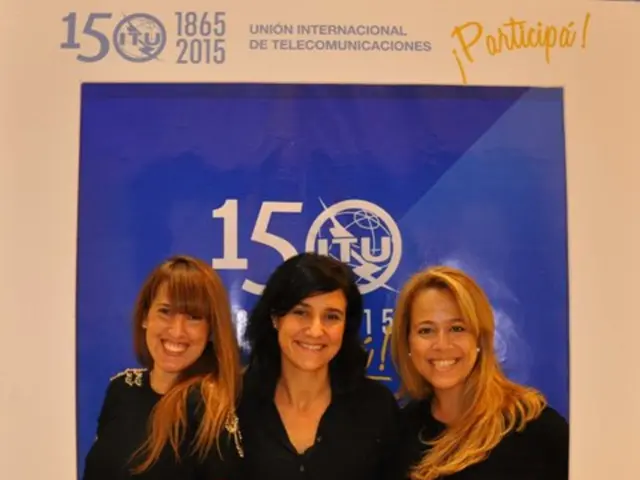Global Research Talent Recruitment Plan Unveiled by UK in Response to Trump's Limitation Policies
In a strategic move to entice global research stars to UK shores, the UK government is set to unleash a £50 million scheme! This scheme, rumored to launch soon, will offer research grants and relocation funding to promising scientists worldwide.
The underlying motivation for this plan? The Trump administration's contentious crackdown on academic freedom in the States. This crackdown has targeted subjects like diversity, vaccination, and climate change, creating a vibrant market for alternative scientific hubs.
This UK program, pre-existing Trump's presidency, isn't limited to any specific country. It's all about recognizing researchers with outstanding work and aligning it with UK's industrial strategy priorities, namely life sciences, AI, and green energy.
Initially, the plan aims to relocate approximately ten research teams. If successful, the scheme could expand its horizons! The Department for Science, Innovation and Technology has confirmed the UK's openness to international science and its intent to support global researchers in bringing their ideas to life here.
The UK's move to attract international scientists will test its allure and potentially spark debates about policy changes necessary to make the country a magnet for researchers. Criticism has mainly targeted high visa costs for scientists, an issue that significantly exceeds costs in other developed nations.
In February, the House of Lords science and technology committee denounced the UK's immigration system as an "act of national self-harm" because it deters science students and early career researchers.
Ben Moore, head of international policy at the Russell Group of leading research institutions, has echoed this concern. He believes additional funding will help attract talented global researchers. However, Moore also highlights the importance of reviewing visa costs researchers face, which far exceed those in other leading research nations.
Globally, similar initiatives are arising to seize the opportunity presented by US scientific turmoil. Last month, Canada announced the Canada Leads 100 Challenge to attract 100 early-career scientists, particularly from the US, to its research facilities and hospitals.
Norway and France have also launched schemes to help recruit researchers from overseas, focusing on areas like climate, health, energy, and artificial intelligence. France is launching a platform named "Choose France for Science" to attract international scientists, notably from the US, in health, climate change, and digital technologies.
In essence, competition among countries to attract and sustain top research talent is a blossoming race. Each nation's strategy blends funding, tax incentives, networking, and flexibility, offering international researchers a spectrum of options.
- Starmer's politics is aligning with schemes that aim to lure promising scientists from around the world to the UK, in a bid to counter the US's contentious academic climate.
- The UK government is employing technology to stay at the forefront of science, launching a £50 million scheme providing research grants and relocation funding to global scientists.
- Researchers in the fields of life sciences, AI, and green energy can expect to benefit from the UK's industrial strategy, as it strives to attract and retain top international talent in the realm of science and education-and-self-development.
- In the race to garner top research talent, countries including Canada, Norway, and France are rolling out visa schemes, funding, and networking opportunities to allure scientists from the US and beyond.
- The general news is rife with stories of nations competing fiercely in the global scientific arena, as they vie to increase their standing in terms of business, technology, and overall innovation and development.





